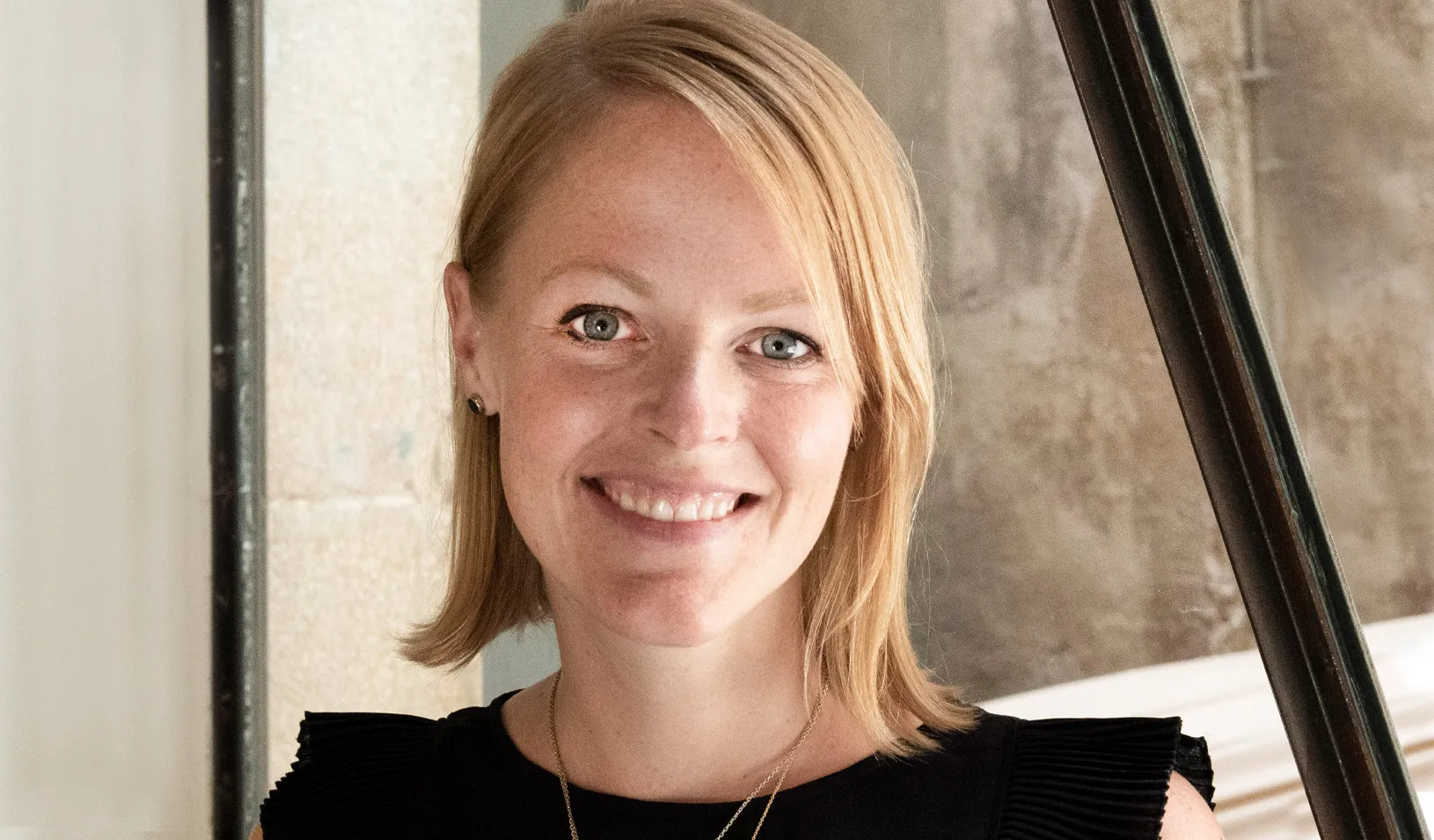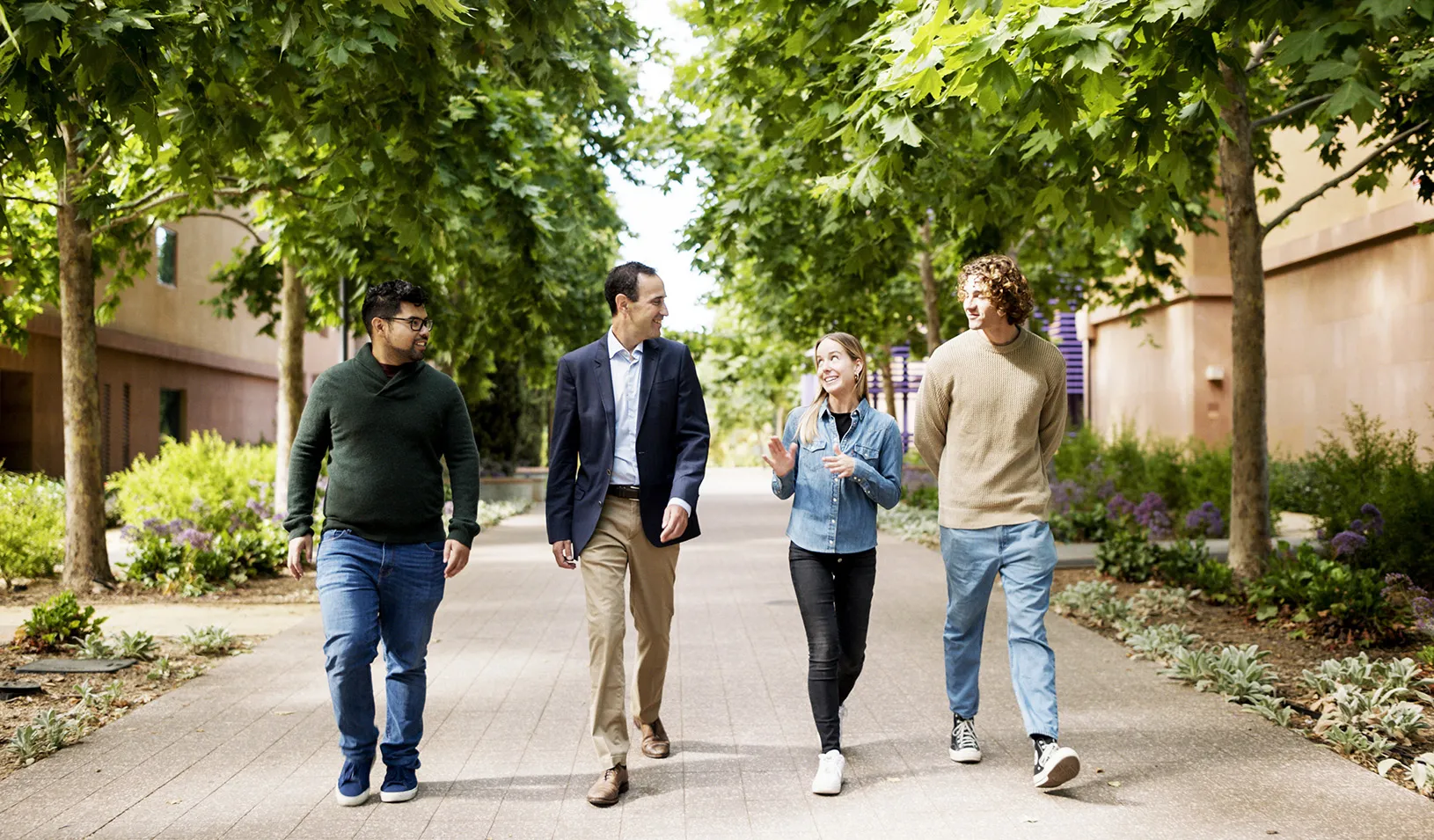From a Crisis Emerges a Laboratory of Innovation
Stanford GSB MBA students on a service learning trip advise small businesses in New Orleans, in partnership with the nonprofit Idea Villages.
April 04, 2009
It was a trip to New Orleans six months after Hurricane Katrina that led Daryn Dodson, a student of Stanford GSB, to the Idea Village. Dodson and some classmates helped with disaster recovery, gutting and cleaning houses. But by the time he returned to school, Dodson was convinced he could do more to help those struggling to pick up the pieces of their lives. He began exploring ways for the school to get more deeply involved and started looking for a partner in New Orleans to help him identify ways he could make a difference. He found the Idea Village.

The Idea Village is a nonprofit organization founded in 2000 by Tim Williamson and Allen Bell. Its mission is to put entrepreneurs in New Orleans together with experts in business strategy, marketing and other services to help them create new ventures. The destruction that Hurricane Katrina left behind meant that the Idea Village had a lot of work to do to move the city forward. Williamson was eager to find ways to collaborate with Dodson and mine his business expertise.
Williamson recalls tossing around ideas. “We were going back to them with ideas, they were coming to us with ideas, and over time we formulated the exact program,” he says. One of the most immediate problems was how to allocate grants to some of the neediest neighborhoods in New Orleans in an efficient manner.
That led to a service learning trip Dodson organized with Stanford GSB and the Center for Social Innovation. In 2007, MBA students visited New Orleans to provide consultation services in strategy, operations and finance. To assess the needs, the group talked with local business people, large corporations and government officials.
The students helped the Idea Village screen applicants for the grants, working with 25 entrepreneurs. “Although it was a quick two-hour strategy session, they rated the advice as very high in terms of impact that it created on the business,” Dodson says. The organization gave away $50,000 in “triage” grants that were designed to help boost sales.
One small shop received $3,000 to put up an awning, which aided it in getting noticed by customers. The owner, “Said she noticed a boost in sales after the awning went up,” Dodson says. “She loves the awning, which is pink polka dots. But it’s great that it had a great impact on the business.” Dodson adds that the business owner actually came up with the awning idea. “But [the students] walked her through a process of questions and took the time to really understand what the problems were and then solved it with her.”
The Center for Social Innovation sent out a team of students the next year as well. Stanford lecturer Rick Aubry, himself a social entrepreneur, served as faculty adviser during the trip, coaching the students through field research and strategic planning. This time, the students helped allocate $100,000 to entrepreneurial ventures in New Orleans’ Ninth Ward.
Williamson says the collaboration helped the entrepreneurs and the students. “What we came away with at the end was, not only did they create real change for these entrepreneurs … by providing grants and technical support, [but also] we saw real impact.” But the impact goes further than New Orleans, he says. “We also found from this the incredible, transformative experiential learning that these students were having. This is really a magical thing that can engage bright people to solve economic challenges that create impact… in the country and potentially in the world.”
Today, more than 250 students from business schools around the world have gone to New Orleans to provide similar consulting and mentoring services. With Stanford’s help, the Idea Village has developed the expertise to manage the process at both ends—for the entrepreneurs and for the students.
And the Idea Village’s connection to the Center for Social Innovation continues. Williamson participated in the Center’s Executive Program for Nonprofit Leaders in March 2008. Presently, he works with the Center’s highly acclaimed alumni consulting team, addressing new organizational challenges.
And he continues to think big: “New Orleans has become a laboratory right now, a global laboratory of innovation. What Katrina exposed aren’t just New Orleans’ problems. These are problems that exist around the country, around the world,” he says. “This is a small window here, and once folks come out here and solve these problems, which they will, why can’t we package it and take it to communities throughout the country and around the world?”
For media inquiries, visit the Newsroom.
Explore More
Erin Nixon Joins Stanford GSB as Assistant Dean of Admissions

Nia Rose Froome, MBA ’23: Making Local, Fresh Food Available for All

New Research Fund Promotes Responsible Leadership for the Next Century
